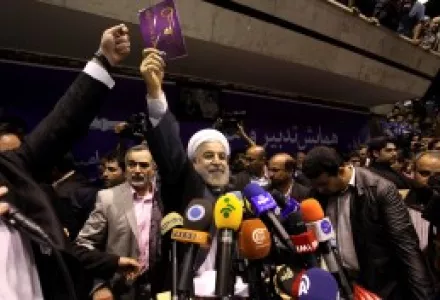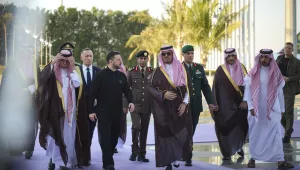A seminar with Djavad Salehi-Isfahani, Visiting Scholar, Middle East Initiative and the Belfer Center's Iran Project and Professor of Economics, Virginia Tech. Third session of the fall 2016 study group led by MEI Visiting Scholar Professor Robert Springborg, Globalization and Its Discontents in the Middle East and North Africa.
RSVP is required for this session. Click here to RSVP. Please note that an RSVP does not guarantee a seat at the session.
Ordinary Iranians received the signing of the nuclear agreement between Iran and world powers in July 2015 with jubilation. A year later the economic benefits they anticipated have not materialized and disillusionment has set in, thereby threatening president Rouhani’s re-election next June, the prospects for political moderation in Iran, and ultimately the fate of the agreement itself.
In this talk I argue that the political divisions that threaten the future of the nuclear agreement have deep roots in Iran’s particular mode of global integration and public perceptions that globalization increases social and economic inequality.



